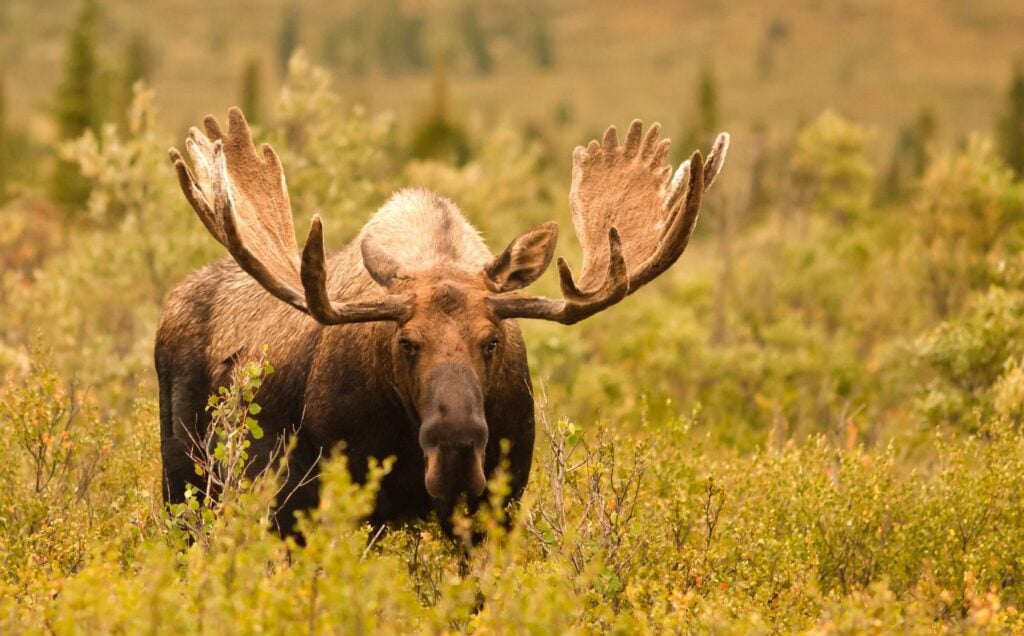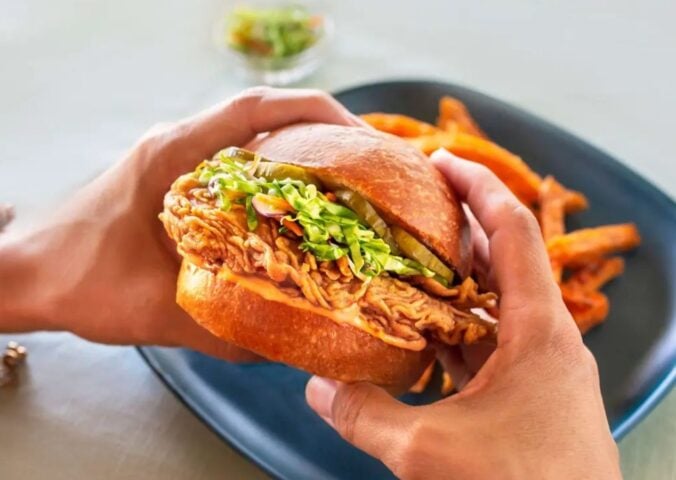The US has appointed its first diplomat for plants and animals.
Monica Medina—an attorney currently serving as the Department of State’s Assistant Secretary of State for Oceans and International Environmental and Scientific Affairs—is taking on the brand-new role of special envoy for biodiversity and water resources.
The role, which was announced last week, was created in response to the ongoing climate crisis. It’s in line with President Joe Biden’s desire to protect biodiversity both in the US and abroad.
“There is a direct connection between biodiversity loss and instability in a lot of parts of the world,” Medina said in a recent interview. “It’s not just about nature for nature’s sake. I think it is about people.”
The significance of biodiversity
Biodiversity is the name given to all the different kinds of life you find in an area. This includes animals, plants, fungi, and microorganisms like bacteria.
According to the World Wildlife Fund (WWF): “Each of these species and organisms works together in ecosystems, like an intricate web, to maintain balance and support life. Biodiversity supports everything in nature that we need to survive: food, clean water, medicine, and shelter.”
Biodiversity loss is one of the biggest environmental catastrophes we currently face. In October of this year, scientists said it could cause an “ecological breakdown.”
According to the research, nations should suffer losses of no more than 90 percent of their biodiversity to avoid this catastrophe. The UK only has around half of its biodiversity left, and the average loss of all countries is around 75 percent.
Biodiversity loss in the US
Medina’s appointment comes amid significant biodiversity loss in the US.
It is thought that North America has lost around 33 percent of its biodiversity since 1970.
In December, the United Nations (UN)’s Convention on Biological Diversity (also known as COP15) will take place in Montreal, Canada. Its aim is for nations to adopt an international framework for conserving biodiversity.
The US is reportedly hoping that the conference will lead to nations committing to preserving 30 percent of their land and water.
“We are looking for ways to reach that goal, because that’s what scientists tell us we need in order to have a healthy planet,” Medina stated.
President Biden previously set a goal of conserving nearly a third of the nation’s land and water by 2030.
Biodiversity and animal agriculture
Biden’s plan is arguably limited by his continued endorsement of the meat industry. The food system has been identified as the primary driver of biodiversity loss.
A UN report published last year found that agriculture is a threat to 24,000 of the 28,000 (86 percent) species at risk of extinction.
One of its main findings was that global food systems need to move towards “plant-heavy” diets.
This, researchers said, is due to the “disproportionate impact of animal agriculture on biodiversity, land use, and the environment.”
The report added: “Such a shift, coupled with the reduction of global food waste, would reduce demand and the pressure on the environment and land, benefit the health of populations around the world, and help reduce the risk of pandemics.”






